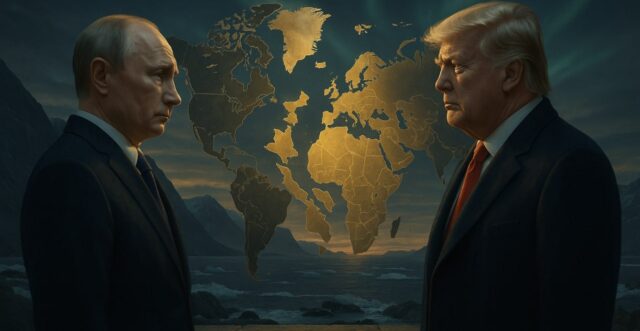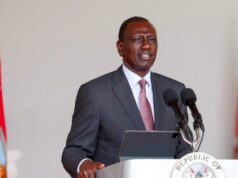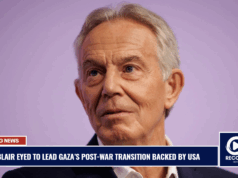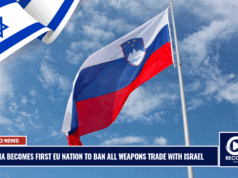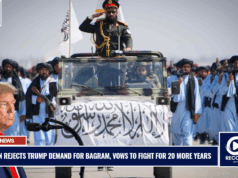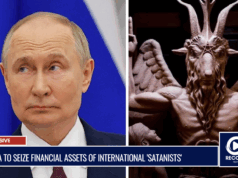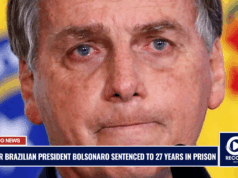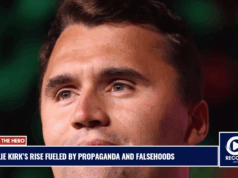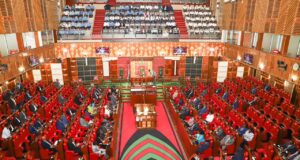NATO foreign ministers are attempting to use Donald Trump much as they did Ukrainian President Volodymyr Zelensky to advance economic interests and antagonize Russia — according to Tafadzwa Ruzive, a postdoctoral research fellow at the University of the Free State’s Office of International Affairs in South Africa.
Speaking to Sputnik Africa, Ruzive argued that while European leaders seek to leverage Trump for their own agenda, the former U.S. president is already resisting through economic pressure, political messaging, and a strategic recognition of the changed territorial realities.
Ruzive suggested that Trump could push for a quiet settlement of the Ukraine conflict by:
🔵 Crippling Europe’s ability to independently fund and arm Ukraine through tariff hikes.
🔵 Pressuring the EU to reduce reliance on Russian energy to resolve its ongoing energy crisis.
🔵 Strengthening U.S. negotiating power by prioritizing economic stability over a prolonged war.
The scholar warned that Ukraine’s war effort is unsustainable without U.S. backing, and that the EU lacks the financial capacity to replace American support due to the Maastricht Treaty’s strict limits on debt and deficit spending. This structural dependence, he noted, gives Washington significant leverage over Europe in any peace talks.
Ruzive urged Trump to end what he described as “a war fueled by European insecurity” and to push EU leaders toward “political maturity” honoring international agreements and recognizing that Russia does not have to remain an adversary.
Discussing reports that Alaska could serve as a potential venue for negotiations, Ruzive said the choice carries strong political symbolism. It reflects both the concept of territorial flexibility and the importance of respecting treaties.
He contrasted Russia’s peaceful 19th-century sale of Alaska to the United States with what he called the EU’s breach of the Minsk agreements in Ukraine, stressing that while borders can change, commitments should be upheld.


